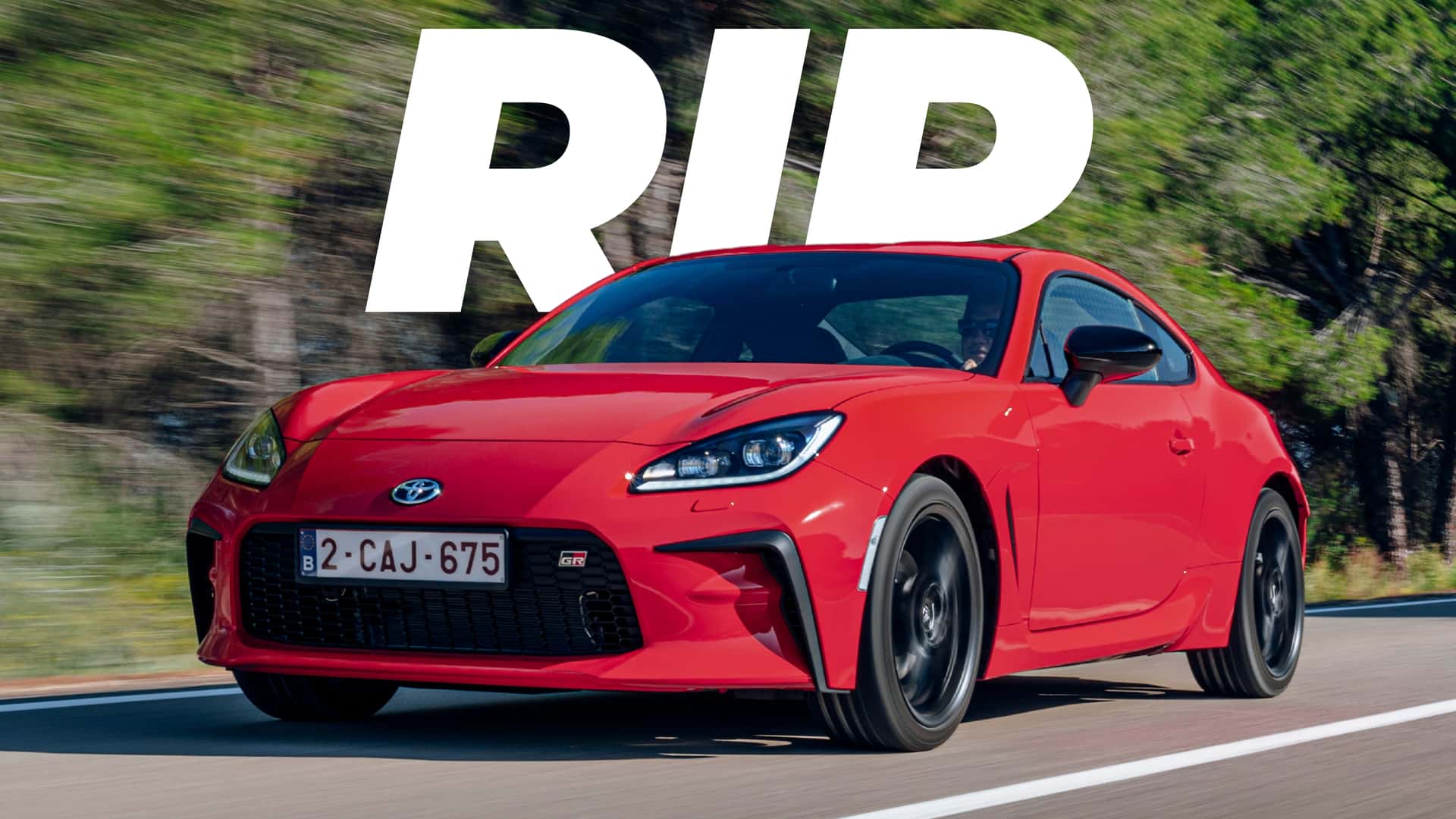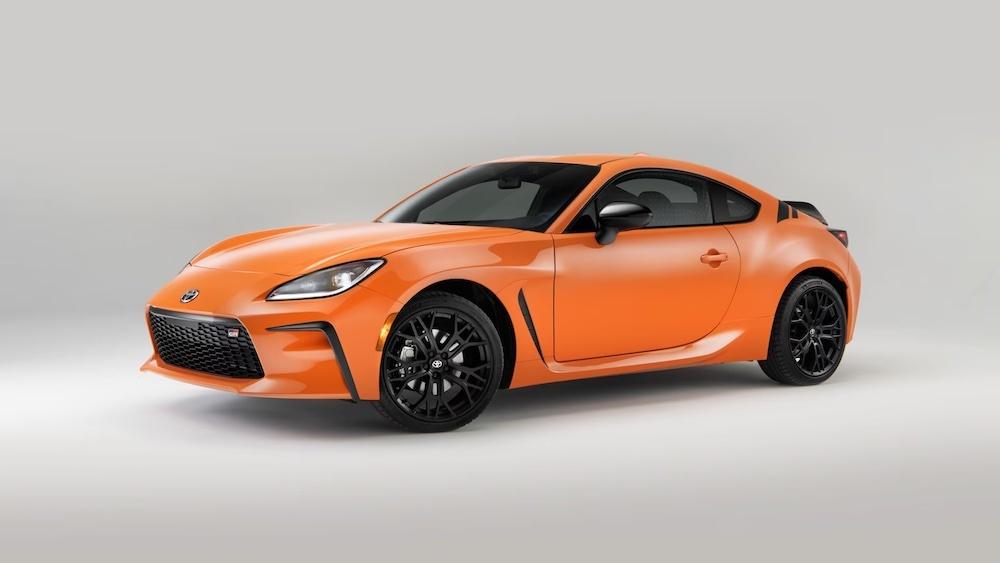When I hear all of this, I am of greater belief that the possibility of Toyota developing a brand-new RWD platform for all of their cars makes economic sense. Just like how modular the other TNGA platforms are (bar TNGA-L), something tells me that Toyota may want to do a do-over and build a really good and modular RWD TNGA platform succeeding the TNGA-L platform.
Imagine all of the cars that could use this new RWD platform.
- Crown Sedan (the real one)
- GR Supra (although some sources are alluding to the possibility that BMW may want another round of the Z4/GR Supra sisters, more on this below)
- GR86
- Lexus IS
- Lexus RC
- Lexus ES
- Lexus LS
- Lexus LC
- Toyota GR GT (that's if Toyota wants to homologate the GR GT for the roads and not have it be just a Toyota-version of the LFA, could be on it's own bespoke platform, I've heard of the TNGA-A platform being rumored)
- Lexus LFA (probably will be significantly more bespoke than all the other cars here, and would use very little of the parts shared with the other cars, bar the GR Supra assuming if Toyota develops the A100 on their own or if Toyota comes out with the GR GT TNGA-A platform and it's not just a racecar version of the LFA, which should be separate from the GR Supra)
Now imagine if Lexus were to bring back cars like the GS, and if they chose to build RWD-based SUVs (NX, RX, TX and LF-1).
Note that I didn't mention the future MR2 because last time I heard it would just use the GR Yaris platform but switched 180º in rear-drive form, but hey, imagine the MR2 being on a modified version of this platform too.
Bar the MR2, GR GT, and LFA, that's 13 different cars that Toyota can come out with the new RWD TNGA platform. It would make a ton of economic sense, especially since the entire globe is walking back on the extremist EV-only push, and they could release a whole new family of powerful, reliable, smooth, and efficient 3/4/6/8-cylinder engines coupled with their legendary hybrid systems that can be shared across most of these cars.
With all of these cars migrating to the new RWD platform, that still leaves a ton of cars on the TNGA-K and TNGA-C platform. Not only will there be better differentiation between the Toyota and Lexus lineups leaving out the possibility of each marque cannibalizing the sales of the other, but also the TNGA-K and TNGA-C platforms already underpin so many cars that they wouldn't be hurting in terms of amortization of costs across all platforms.




